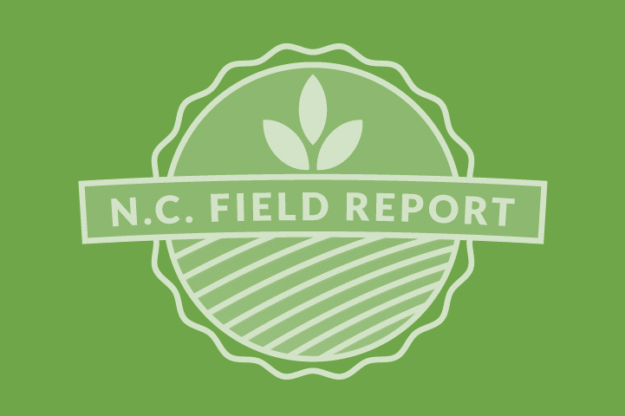2017 Management Decisions – Weed Control
Up this week is part three of our management decisions series. If you missed the posts on planting populations or planting date, catch up here and here. While deciding on the optimum seeding rate and planting date for your operation are important, without proper weed control none of those decisions matter. Weed management is a…
Details






